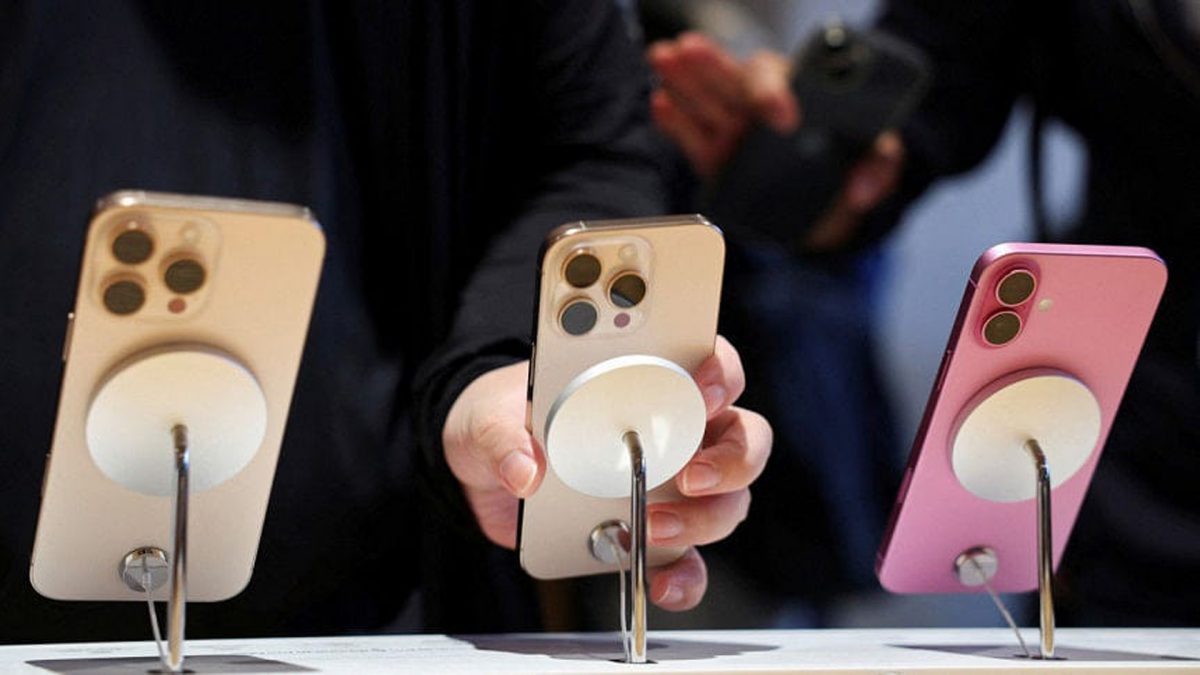Apple is reportedly looking into manufacturing iPhones in Indonesia in an attempt to lift the country’s ban on the latest iPhone 16 series. It has been four months since Indonesia decided to block sales of the newest iPhones, pushing Apple to invest more in the country. Now, the tech giant appears to be shifting gears, talking to suppliers about setting up local production.
Indonesia had previously allowed Apple to bypass strict import rules, provided the company committed to investing in the country. However, after falling short of that commitment, Apple found itself in hot water. Several attempts to increase investment were turned down, and now, with local manufacturing on the table, the situation could be shifting in Apple’s favour, as per a report by Apple Insider
A big win for Indonesia?
If Apple does go ahead with manufacturing iPhones in Indonesia, it would be a significant victory for the country. The government has been pushing for more local investment in tech production, and Huawei has already agreed to manufacture smartphones there. The Apple move, if confirmed, would align with Indonesia’s goal of increasing local smartphone production.
It remains unclear whether Apple could have avoided the ban by simply fulfilling its initial investment pledge of around $110 million. The company had only managed to put in $95 million before the agreement period ended, leaving a shortfall that might have triggered the ban. But beyond that, Indonesia has been strict about enforcing its ‘local content quota,’ which demands that 35-40 per cent of a smartphone’s components be sourced locally.
Apple’s reluctance vs Indonesia’s firm stance
Apple has no iPhone manufacturing suppliers in Indonesia, which made meeting this local content requirement a challenge. Back in April 2024, CEO Tim Cook had promised to explore local production, but the government had clearly run out of patience by October, enforcing the ban on iPhone 16 models.
Since then, Apple has tried to find a way back into the Indonesian market. It started with an offer of just $10 million, which wasn’t enough to fix the investment gap. When that was rejected, a $100 million proposal followed, which also didn’t satisfy the government. Eventually, Apple reportedly put forward a massive $1 billion investment plan, which Indonesia accepted but still found lacking in certain areas.
As part of this deal, Apple began shifting some manufacturing to Batam island. However, it was only producing AirTags there, which did nothing to reverse the iPhone 16 ban. Indonesian officials made it clear that unless the factory was directly linked to iPhone production, it wouldn’t count.
What happens next?
In late January 2025, Indonesian Investment Minister Rosan Roeslani suggested that a resolution to the iPhone ban could be just weeks away. However, three weeks later, there has been no official update from either Apple or the government.
Setting up iPhone manufacturing in Indonesia won’t be quick or cheap. Meeting the 35-40 per cent local content requirement means building new supply chains and production facilities, which takes time and significant investment. Apple is likely to demand that the ban be lifted immediately in exchange for committing to local production. Before the ban, Apple was on track to sell around 2.9 million iPhones in Indonesia in 2024, making up only about 2 per cent of the market. The company will be keen to regain that foothold, but whether Indonesia will play ball remains to be seen.
)